- The Biden administration released $623M in Federal EV infrastructure funding in January 2024.
- 22 States and Puerto Rico received the funding for 47 EV charging and alternative-fueling infrastructure projects.
- Over 70% of the funding will support projects in disadvantaged communities.
The federal government released $623M in federal EV infrastructure funding in January 2024 for 47 EV charging and alternative-fueling infrastructure projects in 22 States and Puerto Rico. The funding will go to 11 “corridor” recipients, and 70% will support projects in disadvantaged communities. $311 million will go to 36 community projects. $70M of the funding will build up to five hydrogen fueling stations for medium- and heavy-duty freight trucks in Texas. The funding will go a long way to supporting growing EV adoption in America, helping to fight climate change.
ADVERTISEMENT
On January 11, 2024, great excitement unfolded as electric vehicle (EV) advocates and professionals celebrated the release of $623M in federal funding grants for EV infrastructure. Announced by the U.S. Federal Highway Administration, the funding focused primarily on freight trucks and expanding charging in disadvantaged communities.
The funding will include the construction of approximately 7,500 EV charging ports. The grants will fund 47 EV charging and alternative-fueling infrastructure projects in 22 states throughout the country and Puerto Rico. The Bipartisan Infrastructure Law’s $2.5 billion Charging and Fueling Infrastructure (CFI) Discretionary Grant Program made the grants possible. CFI is a competitive funding program.
CFI Assists NEVI in Creating a Nationwide, Interconnected Network of DC Fast Chargers Along Federally Designated Alternative Fuel Corridors
Another $312 million of EV infrastructure funding will go to 11 “corridor” recipients. These recipients have projects located along roadways designated as Alternative Fuel Corridors. These projects will fill gaps along the corridors in the core national charging and alternative-fueling network.
CFI complements the Federal Government’s $5 billion National Electric Vehicle Infrastructure (NEVI) formula program. The government created NEVI to build a network of high-speed EV chargers along Alternative Fuel Corridors on our nation’s highways.
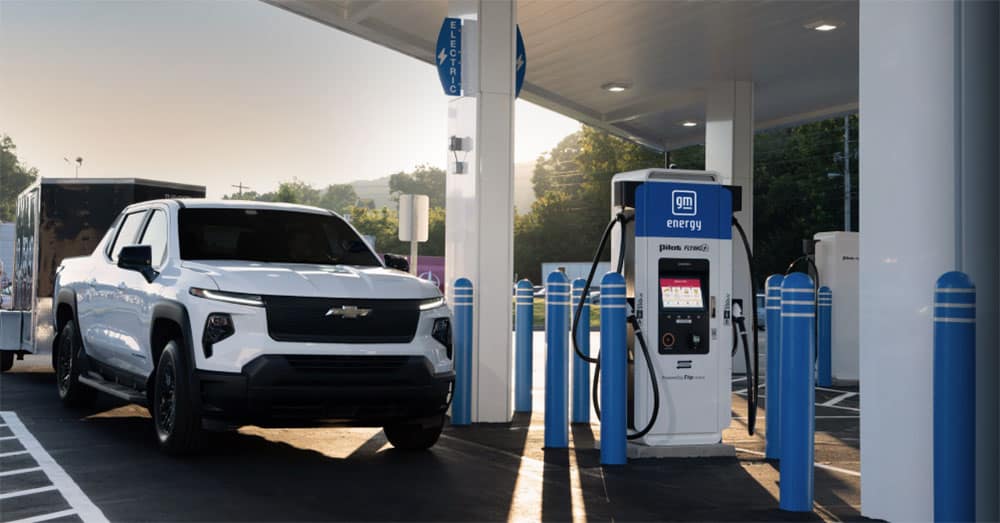
With the NEVI program, states like Pennsylvania and Maine have broken ground. The first NEVI-funded EV charging station opened at the Pilot Travel Center along Interstate 70 at U.S. Route 42 in Madison County, west of Columbus, Ohio, in December 2023. EVgo equipped the charging station with its state-of-the-art fast chargers.
CFI Program Supports Disadvantaged Communities With President Biden’s Justice40 Initiative
In the past, the government has marginalized disadvantaged communities through less investment. These communities have suffered higher rates of air pollution. To mitigate these concerns, the administration created the Justice40 Initiative, which aims to ensure that 40% of the overall benefits of federal investments flow to disadvantaged communities. Over 70% of CFI EV infrastructure funding will support projects in disadvantaged communities.
ADVERTISEMENT
$311M Earmarked for Community Projects
As part of the CFI announcements, the Federal Highway Administration awarded $311 million to 36 community projects, including two Native American Tribes in Arizona and Alaska. These projects will use EV infrastructure funding to invest in EV charging and hydrogen fueling infrastructure in urban and rural communities. The projects include schools, parks, libraries, and multi-family housing.
Multi-family housing is a vastly under-served EV charging market. It is a significant barrier to EV adoption, as most multi-family residents do not currently have the convenience of charging at home.
The New Jersey Department of Environmental Protection received $10M in EV infrastructure funding to build EV charging stations in multi-family housing in disadvantaged communities and rural areas. This project includes building stations near transit stations to encourage public transportation. Electric rideshare and carshare options are also supported.
The Maryland Clean Energy Center will build 87 EV charging stations in urban, suburban, and low- and moderate-income communities, using $15M of the federal EV infrastructure funding. The project will serve thirty-four disadvantaged communities with multi-family housing.
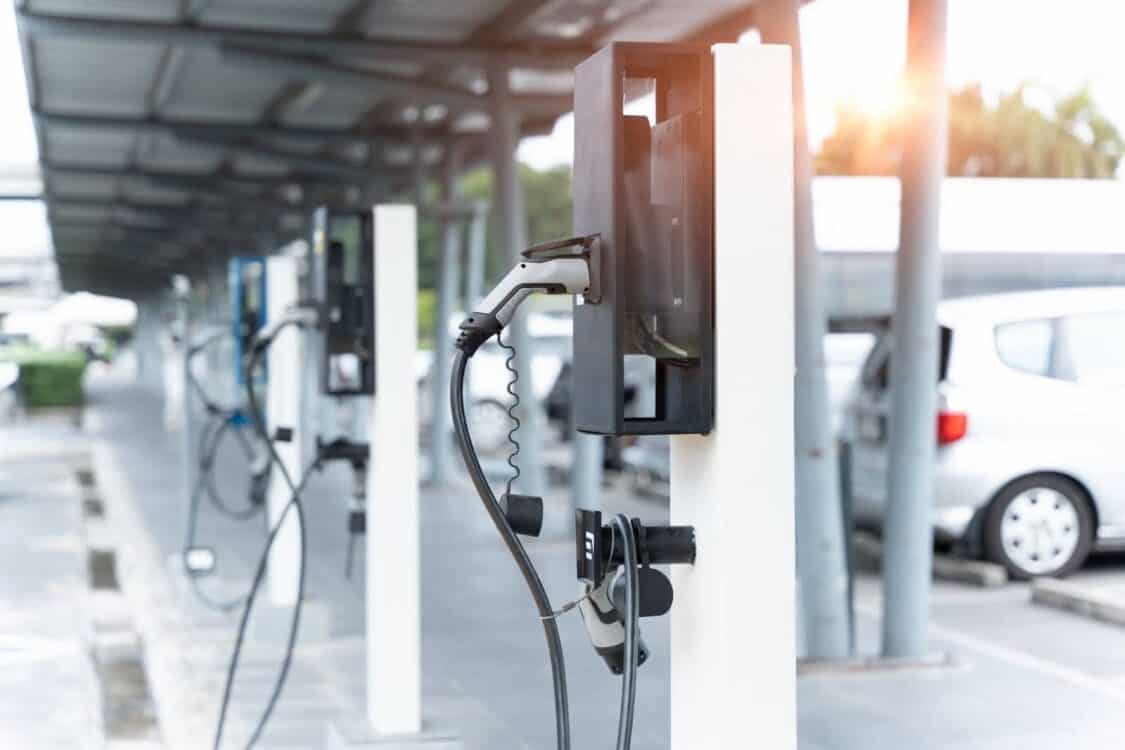
The County of Contra Costa in California will build 52 fast chargers and 60 Level 2 chargers at 15 branch locations of the county’s library system, using $15M of the EV infrastructure funding.
The City of Mesa, Arizona, is included in the full list of recipients. The city will build 48 electric vehicle chargers for various vehicle sizes, including charging docks for e-bikes and e-scooters. Solar canopies will support renewable electricity generation at the stations. The project will use $12M of the EV infrastructure funding.
Haines, a rural and disadvantaged community in Alaska, has no publicly available EV charging stations. The Chilkoot Indian Association, an Alaska Native Tribe, will build an EV charging station in Haines using $1.4M of the funding.
A joint operating agency in Washington State, Energy Northwest, will receive $15M in EV infrastructure funding to install 40 fast chargers and 12 Level 2 chargers across Western Washington State and Northern Oregon.
ADVERTISEMENT
Texas Receives $70M for Five Hydrogen Fueling Stations, Serving Medium- and Heavy-Duty Freight Trucks
The North Central Texas Council of Governments will help create a hydrogen corridor from Southern California to Texas. The council will use $70M of the EV infrastructure funding to build up to five hydrogen fueling stations for medium- and heavy-duty freight trucks in Dallas-Fort Worth, Houston, Austin, and San Antonio.
The Federal Government Goal of 500,000 EV Chargers Publicly Available by 2030
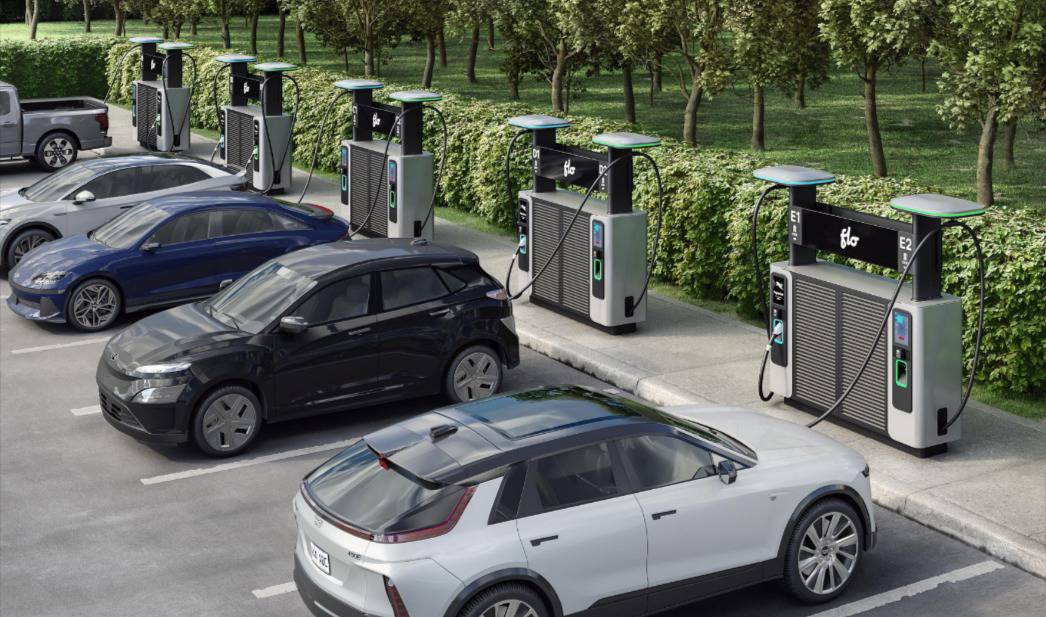
The Biden Administration previously announced a goal of making 500,000 EV chargers publicly available by 2030. The goal includes ensuring the charging network is reliable, affordable, and convenient. The reliability of public charging has been a barrier to EV adoption, and the administration recognized that.
The administration is creating significant new job opportunities for American workers and business opportunities for American companies through funding. The funding aims to make EV charging accessible to EV drivers where they shop, work, and live. This will drive EV adoption in the U.S., as charging availability has been another significant barrier to American EV adoption.
Since President Biden has taken office, the number of publicly available charging ports has grown by nearly 70%. During this time, EV sales in the U.S. have quadrupled. Over four million EVs are now driving on the roads throughout America. Thanks to these historic investments, private companies have announced investing more than $155 billion in the EV and battery supply chain.
The $623M in Federal EV Infrastructure Funding is a Crucial Part of America’s Fight Against Climate Change
Electric vehicles (EVs) are a critical part of fighting climate change. The Biden Administration recognized that and took action to advance American EV adoption. The administration acknowledged that transitioning the American transportation sector to zero-emission electric vehicles would dramatically reduce carbon in the atmosphere caused by gas-burning vehicles.
In May 2023, the United States Environmental Protection Agency (EPA) said: “The Greenhouse gas (GHG) emissions from transportation account for about 29 percent of total U.S. greenhouse gas emissions.” The EPA supports various initiatives to reduce carbon from transportation, including EV adoption.
Environmental advocates commend the federal government for addressing America’s commitment to fighting climate change by releasing the $623M in Federal EV infrastructure funding. The funding will go a long way to support the EV revolution in America. While private industry is doing its part, federal help is needed to transition the American transportation sector from gas to electric.
ADVERTISEMENT

FEATURE IMAGE: VOLKSWAGEN
FTC: We use income-earning auto affiliate links. Learn more.


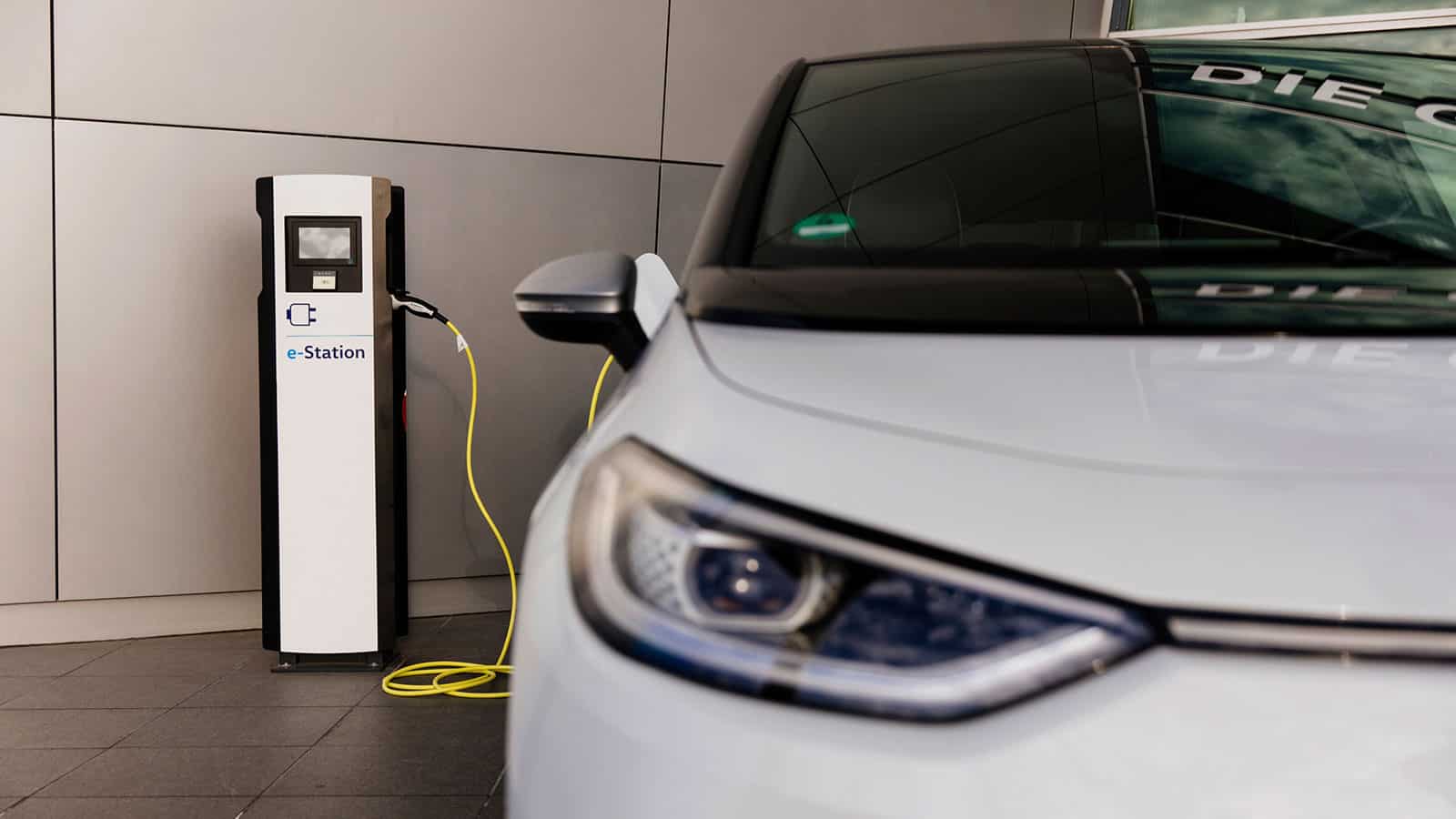


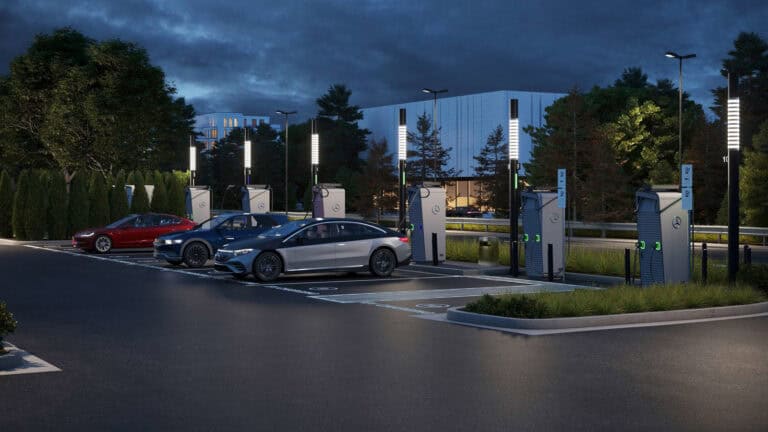
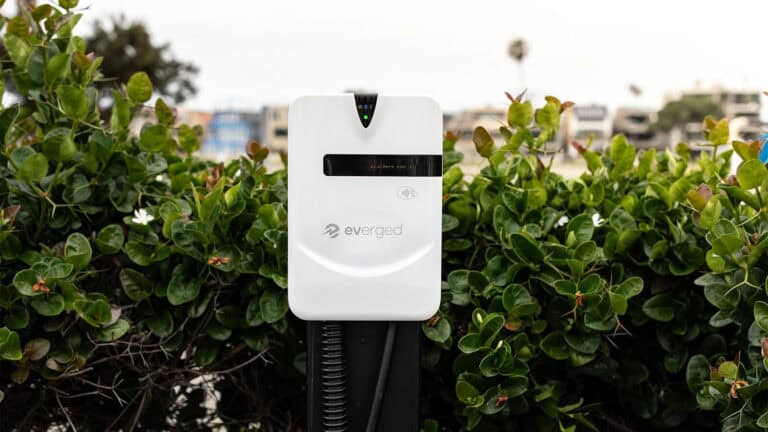
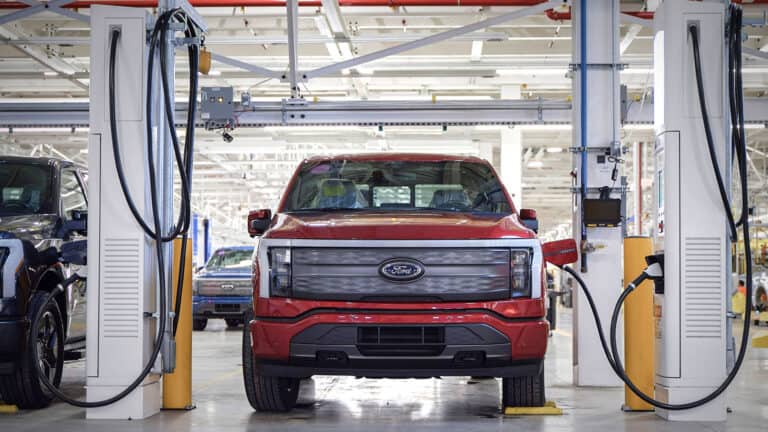
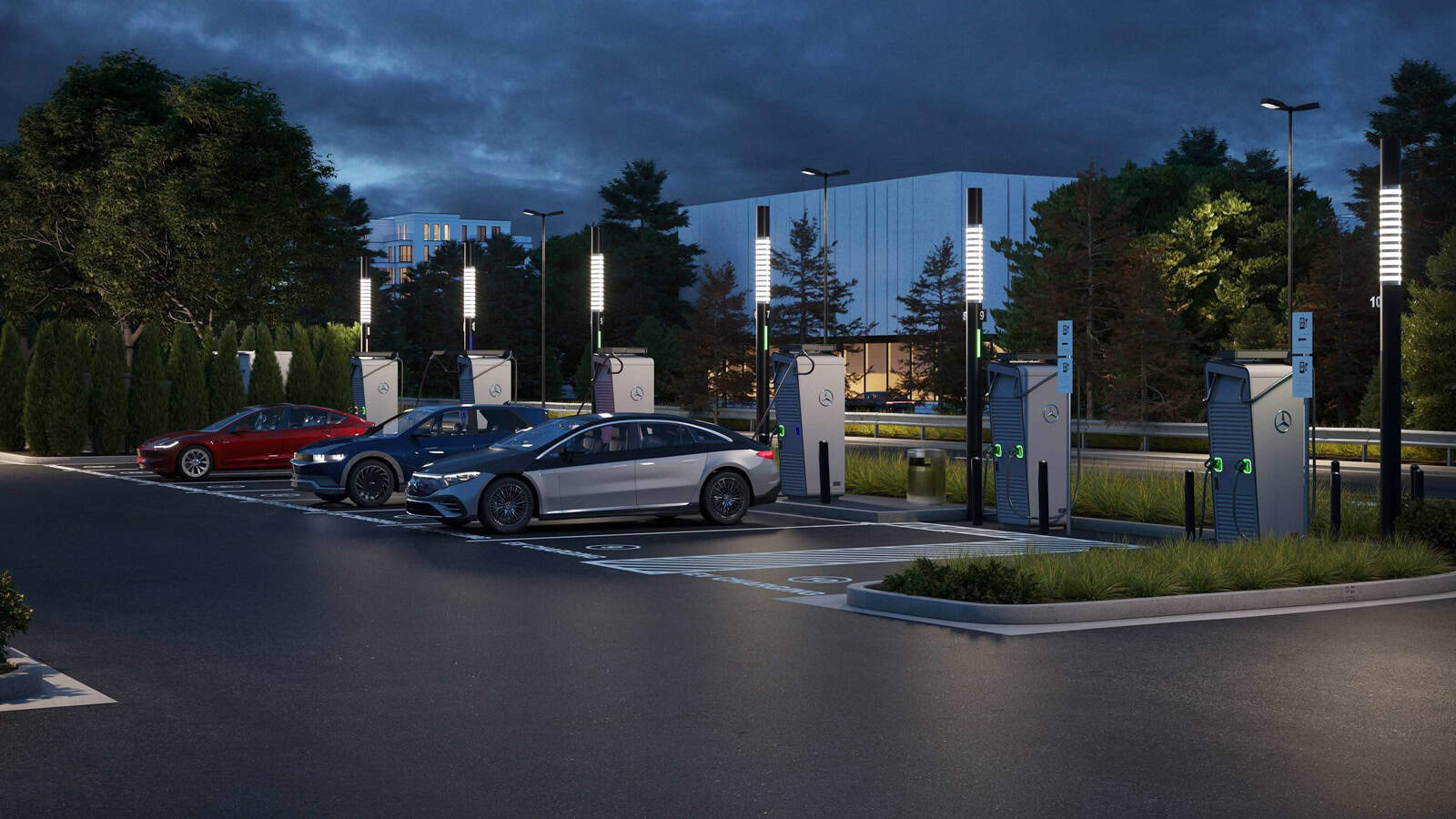
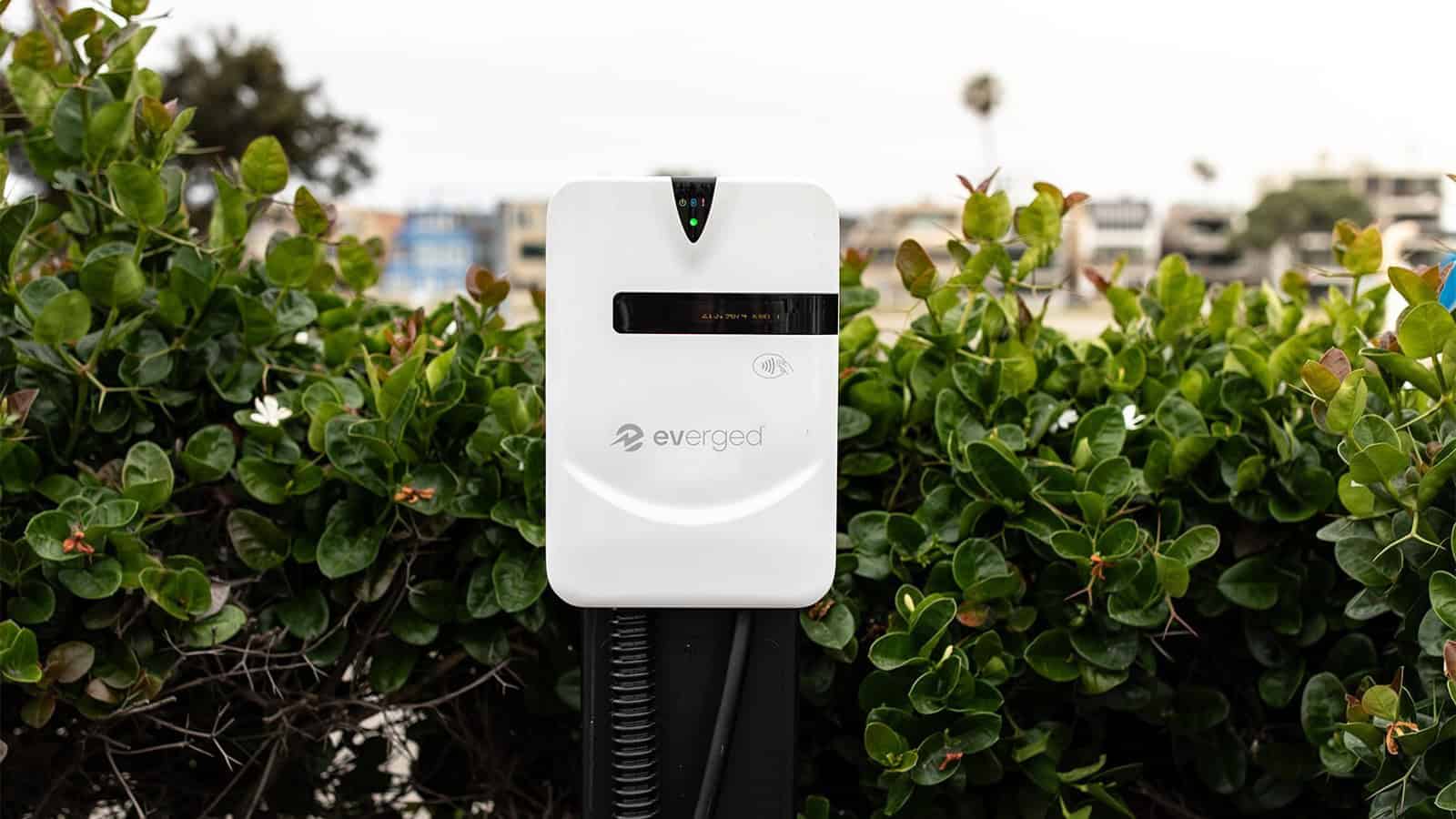

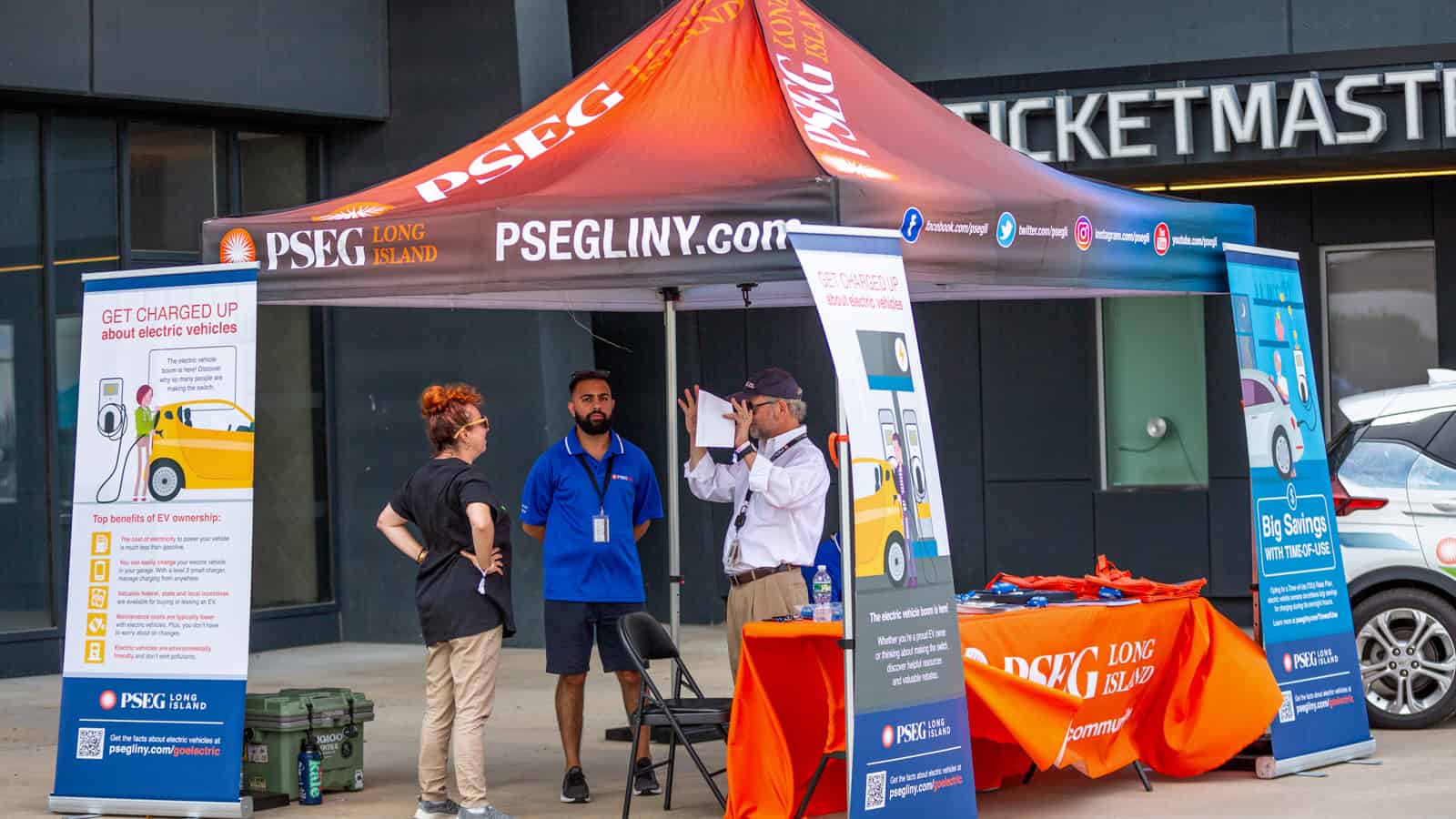
One Response